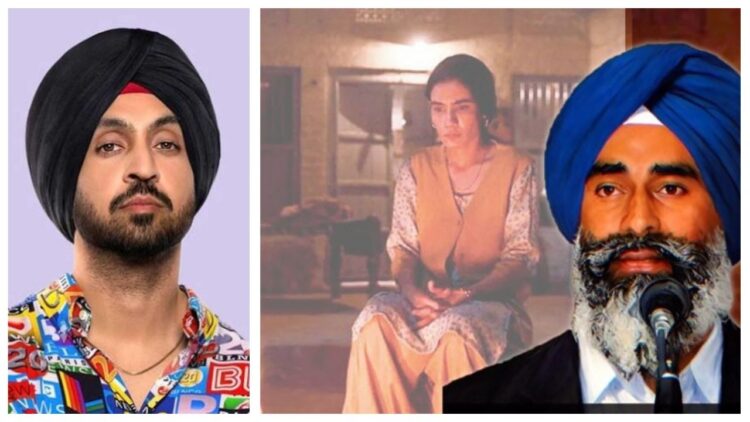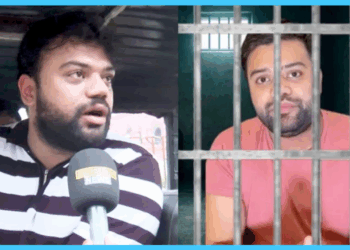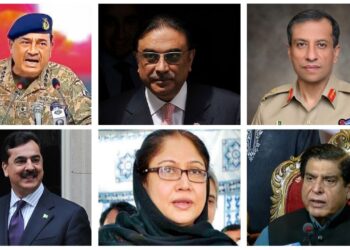MNN (Web-Desk); Punjab 95, a film starring Diljit Dosanjh, portrays the harrowing true story of Jaswant Singh Khalra — a human rights activist who uncovered the illegal cremations of thousands of Sikhs during Punjab’s militancy period.
After exposing these atrocities, Khalra was abducted and later killed. Despite international praise and critical acclaim, the film remains unreleased in India due to strict censorship hurdles.
In a country where film certifications often overshadow substance, Punjab 95 has become a casualty — not because the story is weak, but because it is too potent. Khalra’s life is not a myth; it’s a chilling, well-documented account of state-led human rights violations.
Three decades after his murder, efforts to silence his story persist — not through denial, but through erasure.
Directed by Honey Trehan and produced by Ronnie Screwvala, the film had the full support of Khalra’s widow, Paramjit Kaur. However, it has been stalled by India’s Central Board of Film Certification (CBFC), which reportedly demanded over 120 edits.
These include muting Sikh religious references and even removing Khalra’s name — a move critics argue undermines the very essence of the film.
The irony is striking: a film made to honor Jaswant Singh Khalra’s bravery is being held back unless it erases him entirely. In doing so, authorities risk not just censoring a film, but silencing a legacy that continues to resonate in the struggle for justice and human rights.

























